History tends to toss the word “genius” around freely, usually in the direction of men with wild hair and lab coats. But behind some of the world’s most groundbreaking discoveries and inventions are brilliant women who didn’t always get their due. These 15 female geniuses left marks that still shape how we live, think, learn, and even navigate the planet.
Marie Curie
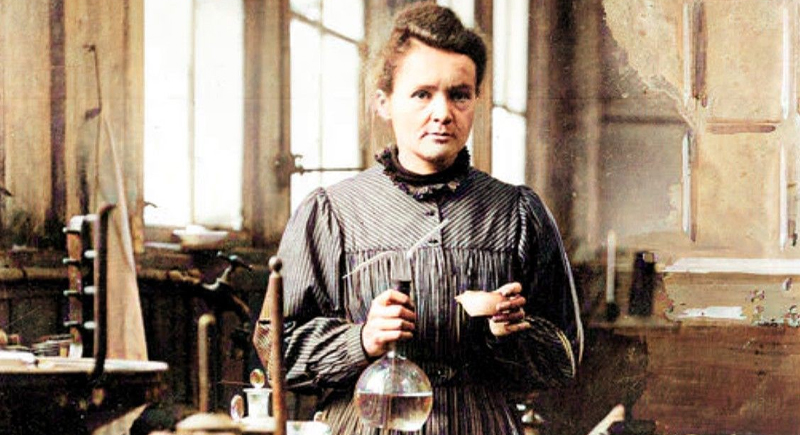
Winning a Nobel is rare. Winning two in two different sciences is a Curie-level of genius! She uncovered radium and polonium, pioneered research into radioactivity, and helped bring X-rays to the battlefield. Her name lives on in everything from hospital units to the periodic table.
Grace Hopper
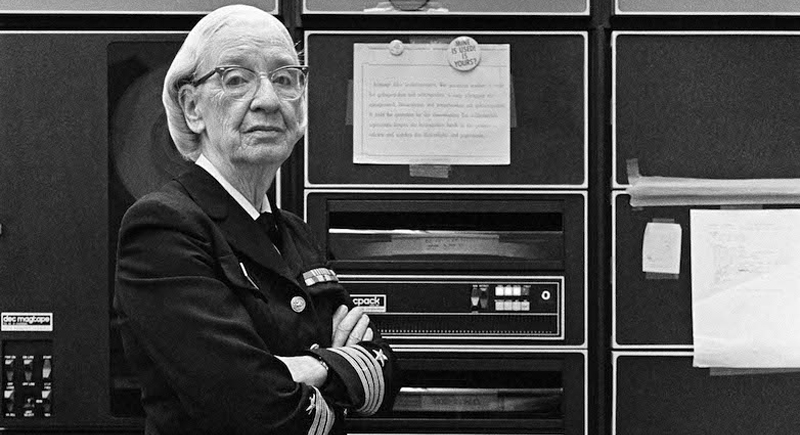
Hopper believed computers shouldn’t speak only in numbers, and then made it happen. She developed the first compiler that enabled programming in plain English, which paved the way for COBOL. She also gave the world the phrase “debugging” after removing an actual moth from a computer.
Ada Lovelace
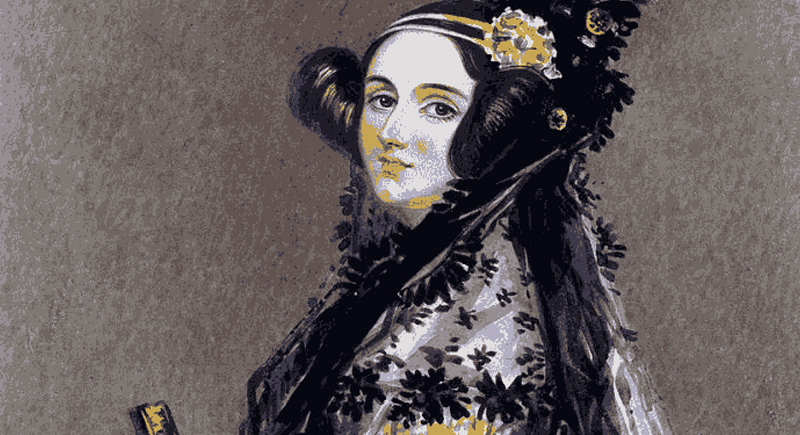
More than 150 years before the first laptop, Ada Lovelace saw what machines could become. She wrote the earliest known algorithm for Charles Babbage’s Analytical Engine and imagined computers going beyond math, handling music, art, and even logic. She’s now celebrated as the world’s first computer programmer.
Jennifer Doudna
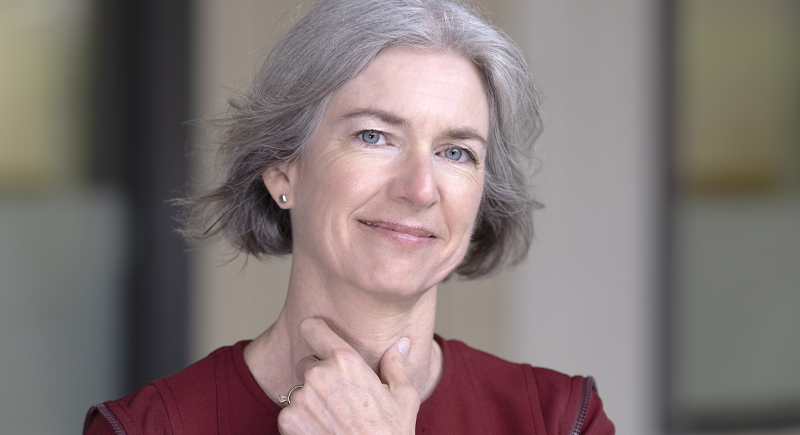
Gene editing leapt from science fiction to reality with CRISPR, and Doudna was at the center of it. Her research gave scientists a precise, efficient tool for modifying DNA, raising possibilities for curing genetic diseases. In 2020, she and Emmanuelle Charpentier earned the Nobel Prize in Chemistry for this work.
Hedy Lamarr
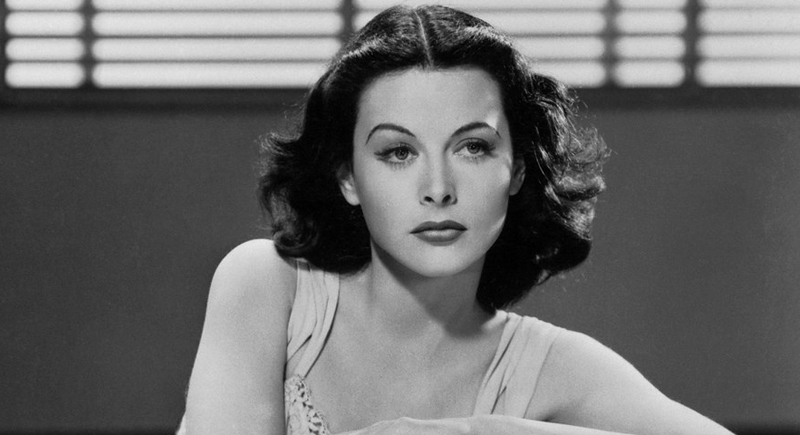
Movie star by day, inventor by night—Lamarr co-created a frequency-hopping communication system to prevent enemy interception of torpedoes during WWII. The concept became a foundation for Wi-Fi and Bluetooth technology. Her contributions were later recognized with a place in the National Inventors Hall of Fame.
Chien-Shiung Wu
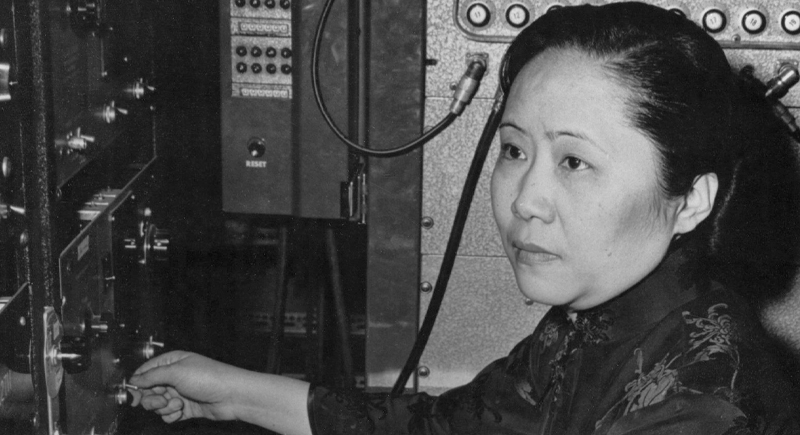
Nicknamed the “First Lady of Physics,” Wu overturned a central principle in science—parity conservation—through her famous beta decay experiment. Her groundbreaking work helped shape modern nuclear physics. Despite making key contributions to projects like the Manhattan Project, her male colleagues received the Nobel Prize instead.
Katherine Johnson
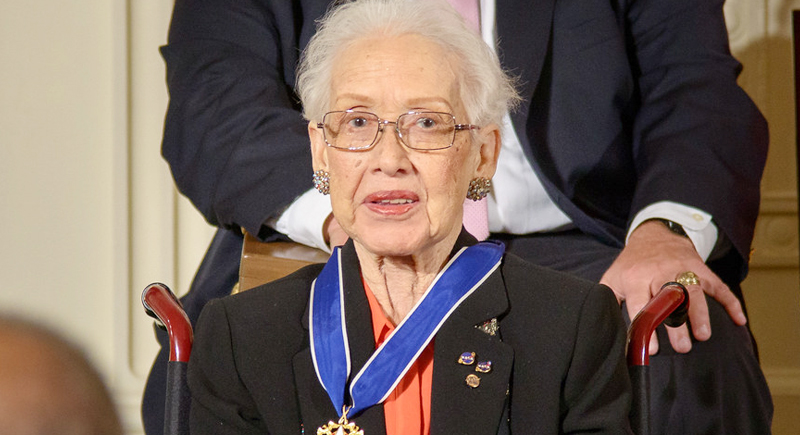
The math behind the moon landing had to be exact. That’s where Johnson came in. While working at NASA, she calculated flight trajectories for Mercury and Apollo missions, including the one that put Neil Armstrong on the moon. Her work was so reliable that astronauts insisted on her numbers.
Rosalind Franklin
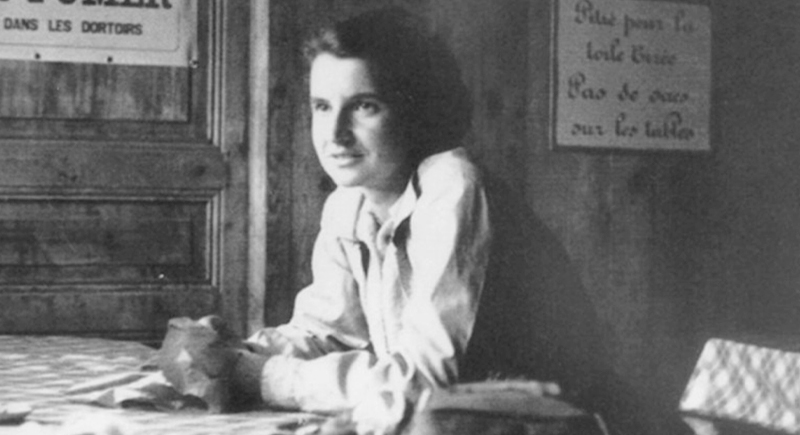
Franklin captured one of the most famous photos in biology—an X-ray image known as Photo 51. That snapshot revealed DNA’s double-helix shape. Watson and Crick used it to model DNA, but Franklin’s name got sidelined in the spotlight.
Jane Goodall
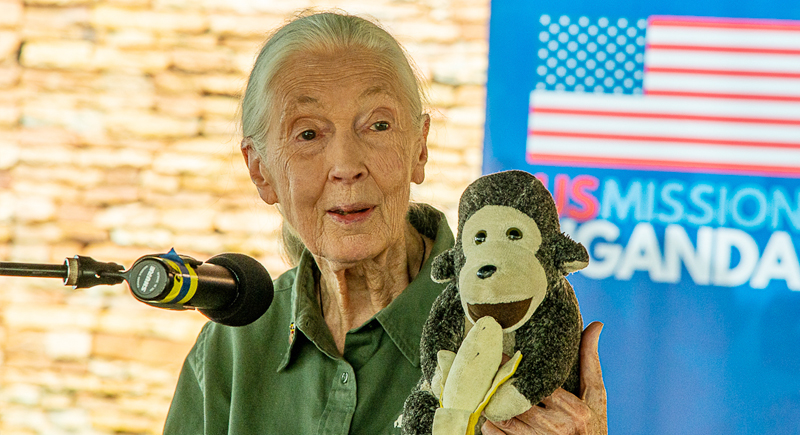
Goodall redefined what it means to be human by observing chimpanzees. She showed that they make and use tools, display emotions, and have social systems. Her work changed the way scientists view animal intelligence and behavior. She eventually earned a Ph.D. from Cambridge and became one of the world’s most respected scientists.
Vera Rubin
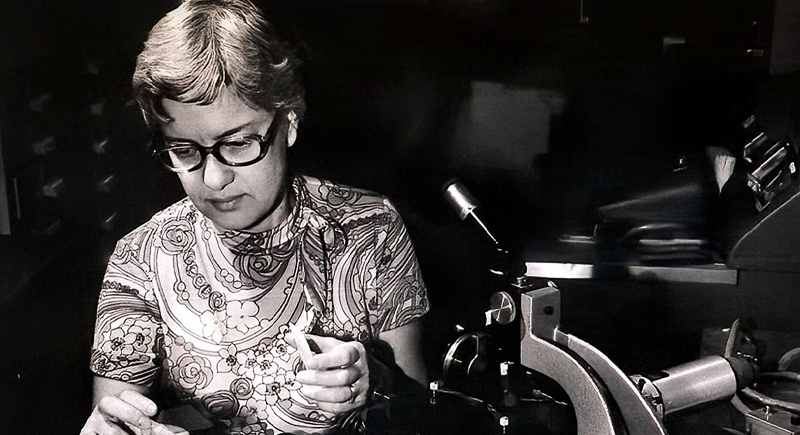
Rubin noticed something strange: galaxies weren’t rotating the way physics said they should. Her research led to the discovery of dark matter—an invisible force that shapes the universe. Although passed over for a Nobel Prize, her findings are considered among the most important in modern astrophysics.
Gladys West
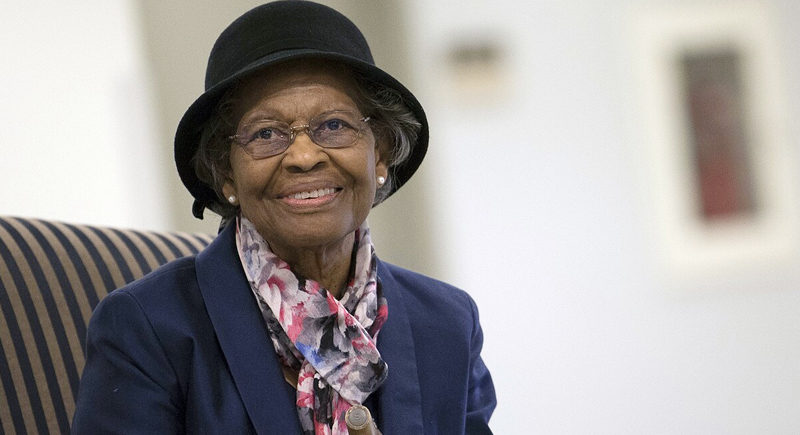
Next time your GPS helps you dodge traffic, thank Gladys West. In the 1960s, she mapped Earth’s shape with complex math and satellite data while working for the U.S. Navy. Her calculations later became the bedrock of GPS technology, long before we could ask phones for directions.
Janaki Ammal
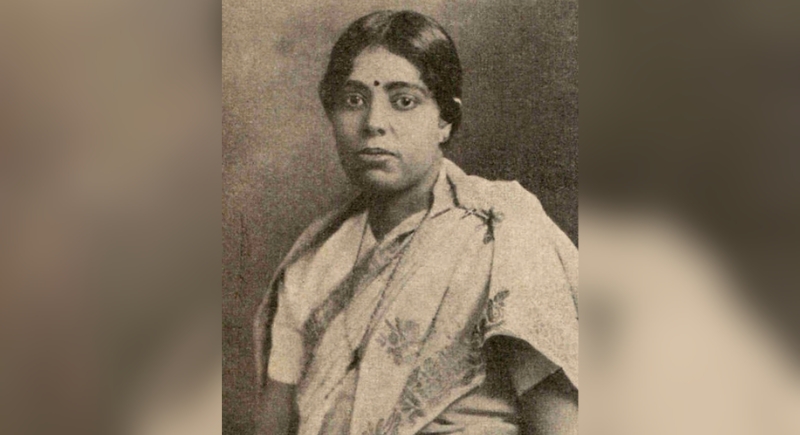
In a field almost entirely run by men, Ammal was a refreshing change. As India’s first female plant scientist, she worked on sugarcane hybrids and cytogenetics and helped reshape how scientists understood plants. She also championed native species conservation and earned the Padma Shri for her achievements.
Shafi Goldwasser
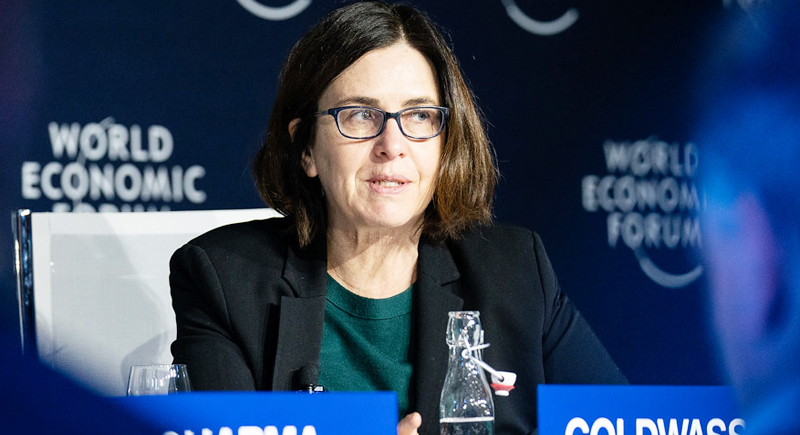
Have you ever made an online purchase and trusted that your information was safe? You can thank Goldwasser for that peace of mind. Her cryptography research introduced zero-knowledge proofs, a big leap in data security. In 2012, she won the Turing Award—pretty much the Nobel Prize of computer science.
Simone de Beauvoir
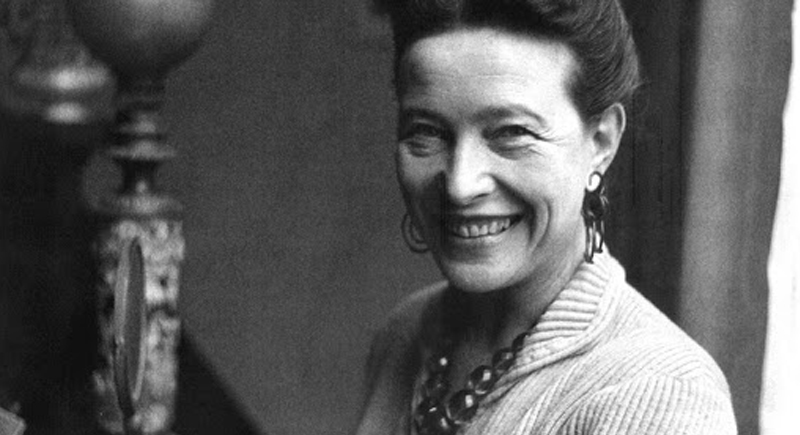
As a philosopher, novelist, and feminist thinker, de Beauvoir tackled gender roles long before it was common to do so. Her 1949 book argued that women weren’t born inferior, but were made to feel that way. Though controversial, it shaped feminist theory and inspired movements around the globe.
Flossie Wong-Staal
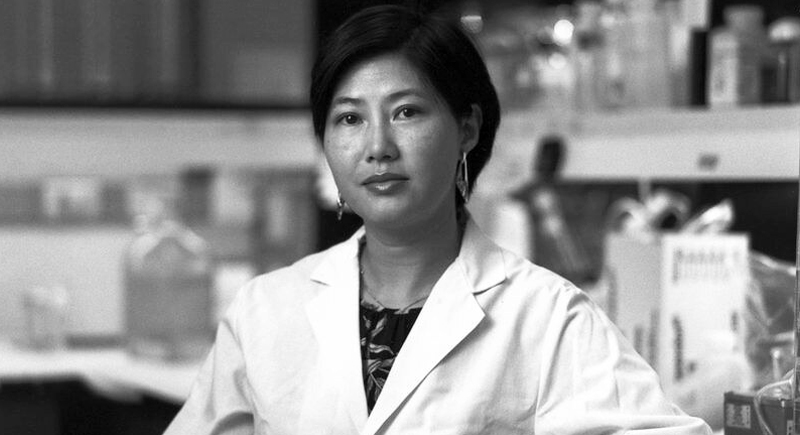
Wong-Staal was the first scientist to clone HIV and map its genes, which are critical steps in understanding and eventually treating AIDS. Her groundbreaking research paved the way for the first diagnostic tests. She later contributed to gene therapy and held leadership roles at major research institutions.